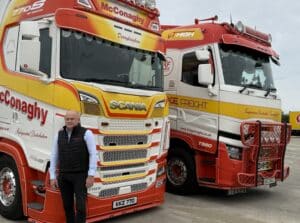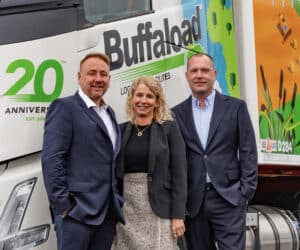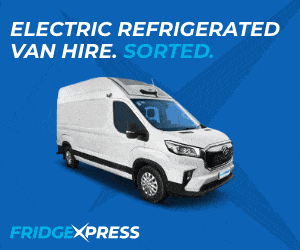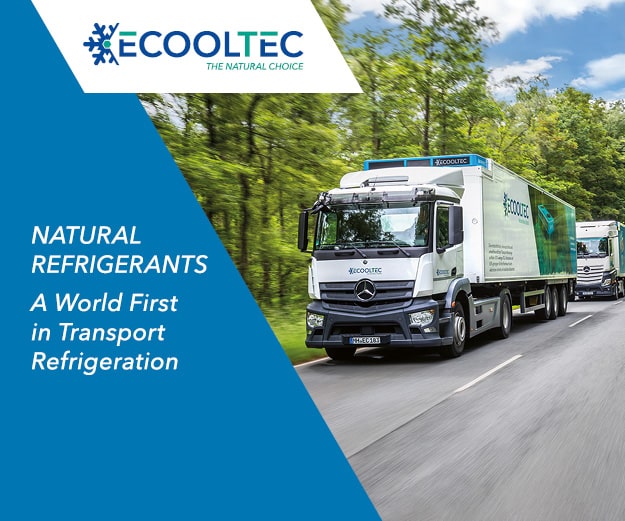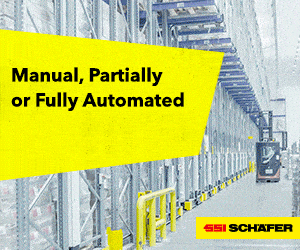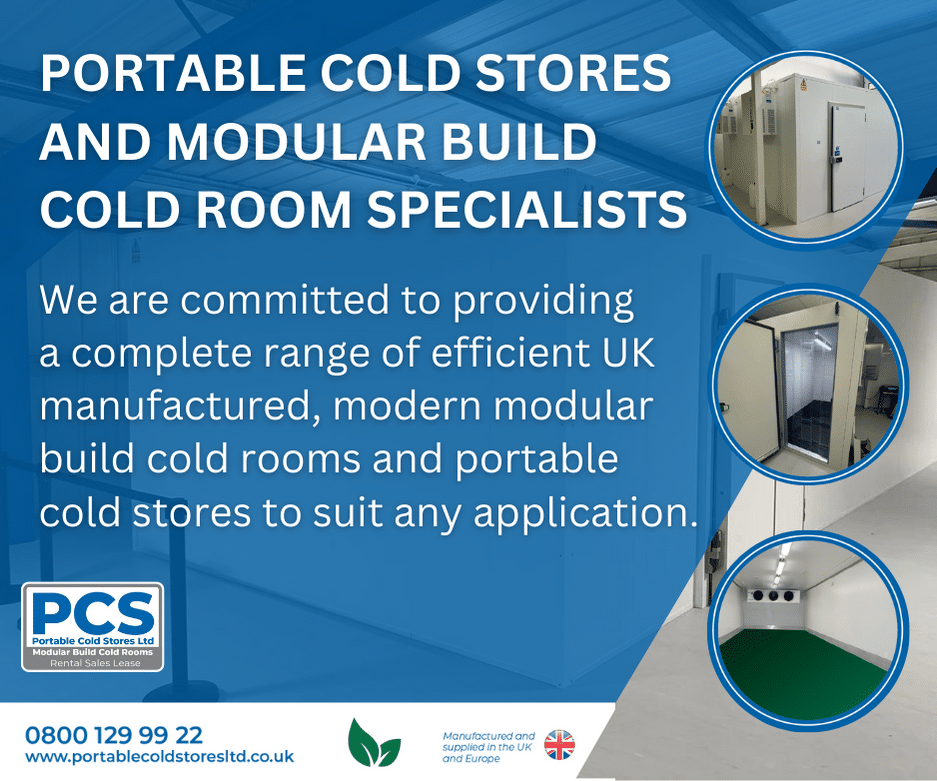With the significant increase in supermarket home delivery demands due to the Covid-19 lockdown, our favourite grocery providers were faced with sourcing custom-built vehicles in unfeasibly short timeframes. Our extremely versatile vehicle building & conversion specialists did very well in responding but were hampered by supply chain shortages. Peak demand and short supply don’t go well together.
We challenged ourselves to find a way to quickly convert standard (rental?) panel vans into refrigerated home delivery vehicles – and back again – to allow fleet flexibility during peak periods without committing to an excess number of vehicles for the regular volumes.
The challenge required no invasive interventions on the base vehicle. No cutting or piercing of body panels; No connection to the electrical system; No removal of doors; No permanent installation of insulation. This would allow standard commercially available panel vans to be deployed as refrigerated home delivery vehicles within hours. Conversion would need to be completed by two people with a minimum of tools and equipment. The entire installation would have to be removed from the base vehicle after the peak period, returning the vehicle to original specification. This would allow vans from any sector to be immediately deployed as food delivery vehicles and returned to original configuration with no impact on residual values.
By avoiding any modification to the base vehicle panels & electrical systems, there would be no warranty issues due to unauthorised modifications and insulation performance may be improved by reducing contact with metal body panels that transfer the heat. The solution would use commercially available refrigeration components and electrical systems to ensure simple and reliable installation & operation.
What could possibly go wrong?
Obviously, not all vans are the same size and shape. Some of those characteristics are readily accommodated between models, but others are more difficult, meaning that a one-size fits all approach might be too much of a compromise, and what are the chances of always renting the same make, model & variant of your preferred van?
And then, not everybody’s home delivery model works with doors on the rear of the van rather than compartment doors on the kerbside. And some need racking, while others want some other form of load securing. Twin temperature zones might be workable but introducing a tri-temp solution introduces additional complexity that could increase costs significantly.
Fitting the fridge condenser unit inside the van is likely to create air circulation and heating issues, which might be fine in the Christmas Peak, but not such good news during the spell of hot weather we enjoyed in the spring. It could even be counter-productive if it heated the outside of the insulation while trying to cool the inside.
Electric vehicles and particularly their energy storage systems have seen dramatic advances over recent years, so getting enough 12/24/48-volt power onboard to run the fridge for a shift isn’t too difficult. It needs a charger and a connection to the outside world; not unusual for these vehicles, although providing this safely without creating a hole in the van or compromising its security raises a whole new set of questions.
What does one do with a batch of pop-up van linings, fridges and batteries outside peak periods? Fit them sideways into a curtainside multi-modal container to allow multi-temp or mixed loads to be moved by rail? Or stack them all up in one of the ‘Peak’ trailers until it’s needed again? We have enough trouble keeping a fridge engine starter battery charged, so what will we do with these?
We spent a bit of time thinking about this and decided that while it seemed like a reasonable idea at the start of our 1-hour daily outdoor exercise, we didn’t get too far through the woods at the edge of the village before we realized we needed to change the whole logistics model to make the most of our latest idea.
We hear a lot about changing the way we do business as we work to Build Back Better. Wisdom is needed. We need to make sure we change the right things. Thinking things through has never been more important.
Lionel Curtis is Director of Clairvaux Ltd, an Engineering Consultancy aiming to improve Air Quality by thinking differently about vehicle design and making appropriate use of available technology.
Question: Hi Richard, what is your role within McConaghy Refrigerated Distribution please? Answer: I am the managing director of McConaghy Refrigerated Distribution Ltd. That does mean…



